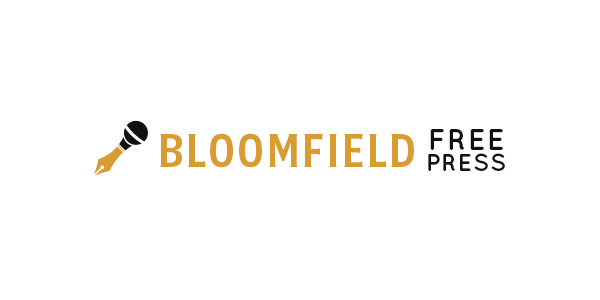Asian and Pacific American Heritage Month is an excellent reminder of how essential it is to reflect on how our cultural roots shape our personal and professional journeys. As a Filipino creator and connector, I have always been drawn to the values ingrained in me from my upbringing in a collectivist society. These values, centered around social harmony and interconnectedness, have profoundly influenced my career path, culminating in becoming a direct primary care (DPC) doctor.
Growing up in Sacramento, I was immersed in a community where relationships were paramount. Our Filipino culture emphasizes maintaining smooth interactions and prioritizing the group’s well-being over individual desires. This collective mindset fosters a sense of responsibility and care for one another, which undoubtedly shaped my outlook on health care.
When I embarked on my medical journey, I discovered my passion for rural family medicine while studying at Creighton University in Omaha, Nebraska. Doing a family medicine rotation in Superior, Nebraska, a town of about 2,000 people, was where I had the privilege to see the main care access hospital and clinic run by family medicine doctors doing everything from casting bones to colonoscopies. In the time I spent in that rural town, I saw how the role of a primary care physician was able to help the most people because of the generational and relational foundations that existed there in the clinical setting.
After training in Superior, I knew I would strengthen my training to be a rural family medicine physician, and that is what I did. I focused my residency years on becoming more confident in my skills to provide full-scope care. I found a job after residency in California that allowed me to do prenatal care and colonoscopies. Then, the job became unbearable due to the decisions around me having less and less to do with maintaining my ability to practice full-scope care and less and less to do with my patients getting the care they needed and deserved. Administrative demands increased, and employment agreements were being presented with exclusivity, evergreen, and non-compete clauses paired with rates of RVU compensation that were under market value for the level of skill I brought to my role. It was then I learned that there was a way to not only return but also to protect a way of practicing what I set out to emulate after my time in Superior, and that was the model of direct primary care. I delved into DPC without question after that, as it allowed me the option to re-align my professional skills with my cultural values.
DPC’s focus on building direct relationships with patients and protecting that relationship by removing the barriers imposed by insurance delivers on the collectivist ideals from when my first patient joined. Because I no longer work for insurance, I can focus on working for my patients directly. I was lucky that my patients believed in what I was doing and what value I brought to the community. They always comment about how they love that I can now freely deliver personalized care that addresses physical ailments and my patients’ emotional and social needs. They don’t have to wait hours in the waiting room for that care. Now, we meet patients where they are, whether in their homes or through virtual consultations, ensuring accessibility and inclusivity for all.
Cherishing the DPC model so dearly and creating a platform to add to the voices advocating for this model, I am continuously inspired by the doctors I have the honor of highlighting on my podcast about how my fellow DPC physicians deliver the same type of personalized relationship-based medicine in their communities, my DPC story, as a result, is a collective platform for health care equity and collectivism. Having a career option that aligns with my professional aspirations and honors my cultural identity; the values instilled in me by my Filipino heritage manifest in how and what questions I ask, and usually, they are rooted in inspiring fellow physicians and future physicians to learn and choose DPC for their careers to help their patients and a reminder not to forget to help themselves. Through DPC, I can embody the spirit of Bayanihan, the Filipino tradition of communal unity and cooperation, in delivering compassionate and accessible health care to all.
This Asian and Pacific American Heritage Month, let us celebrate our diverse heritage and how it shapes our contributions to society. May we continue to draw strength from our cultural roots as we strive for a more inclusive and equitable future for all.
Maryal Concepcion is a family physician.

